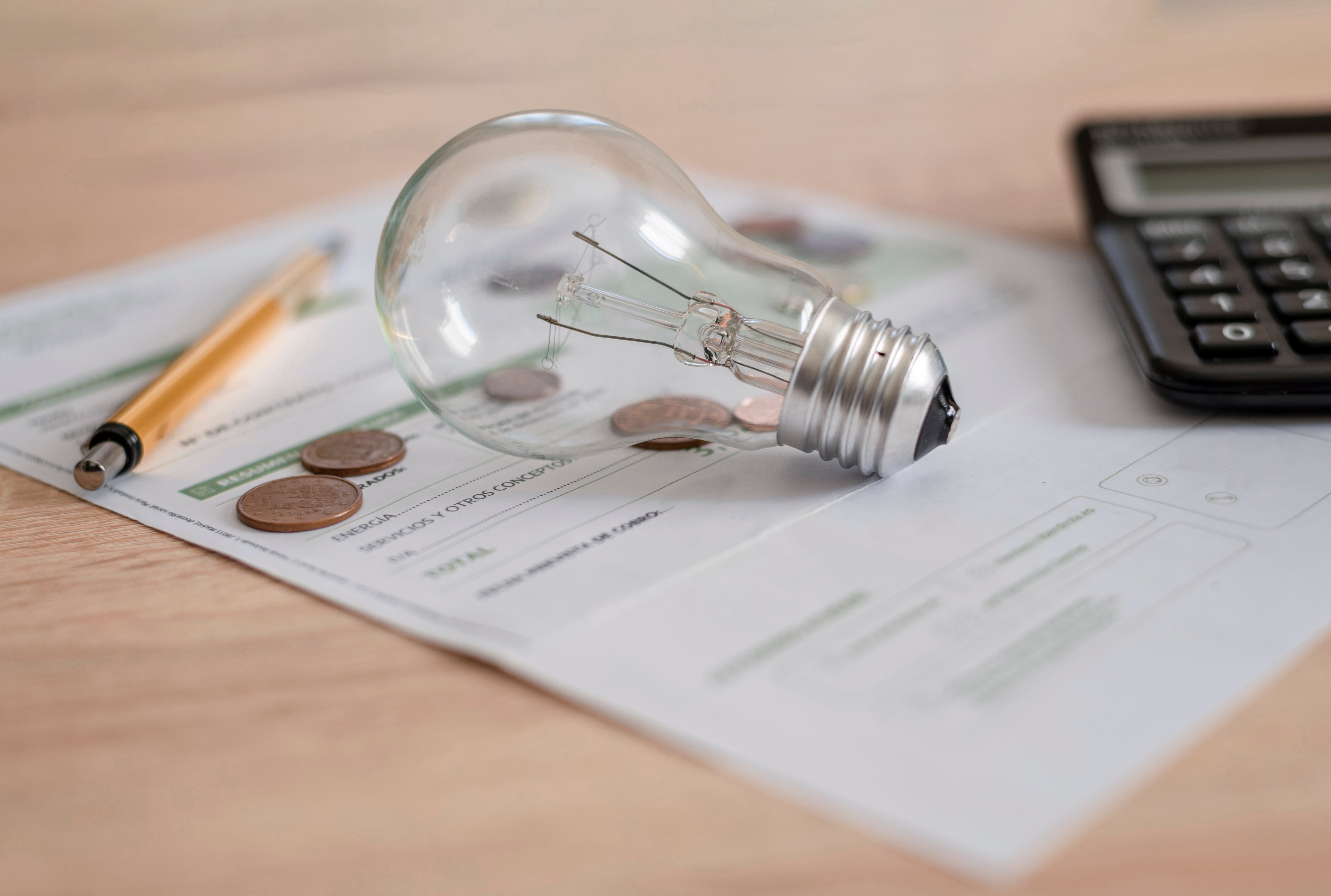As a leading retail electric provider in Texas, Gexa Energy offers a variety of electricity plans designed to meet its customers' diverse needs. By prioritizing customer satisfaction and promoting energy-efficient practices, Gexa Energy empowers residents and businesses to make informed choices about their energy consumption. In today’s world, the need for sustainable energy practices is more critical than ever. But do you know the difference between energy efficiency and energy conservation?
As energy demand continues to rise, understanding energy efficiency and energy conservation is essential. Both play vital roles in reducing energy consumption, lowering utility bills, and minimizing environmental impact. This article aims to demystify these concepts by defining each term, providing practical examples, and highlighting their respective benefits. By grasping the differences and benefits of energy efficiency and conservation, individuals and businesses can make smarter decisions that contribute to a more sustainable future.
Understanding Energy Efficiency
By definition, energy efficiency refers to completing the same task or achieving the same goal with less energy. It involves optimizing energy use to eliminate waste, thereby reducing overall energy consumption without compromising comfort or functionality. Some common practices you can try to make your home more energy efficient include:
- Using LED Light Bulbs: LED bulbs use less energy than traditional incandescent bulbs.
- Energy-Efficient Appliances: ENERGY STAR®-certified appliances, such as refrigerators and washing machines, use less energy without sacrificing performance.
- Proper Home Insulation: Insulating your home effectively can reduce the need for heating and cooling, potentially helping you improve energy savings in every room.
Common Misconceptions About Energy Efficiency
- It's Expensive: While some energy-efficient products may have a higher upfront cost, they often result in significant long-term savings through reduced energy bills.
- It's Inconvenient: Modern energy-efficient technologies are designed to enhance convenience and comfort, not diminish them.
- It Doesn't Make a Big Difference: Small changes in energy efficiency can lead to substantial cumulative savings over time, both financially and environmentally.
Understanding Energy Conservation
Energy conservation involves reducing overall energy use through behavioral changes and mindful practices. It focuses on minimizing unnecessary energy consumption and making conscious decisions to save energy. Some ways to enjoy the benefits of energy conservation include:
- Turning Off Lights When Not in Use: Simple actions like turning off lights when leaving a room can significantly reduce energy consumption.
- Reducing Thermostat Settings: Lowering or raising the thermostat by just a few degrees during winter or summer can lead to substantial energy savings.
- Unplugging Unused Electronics: Many electronics consume energy even when turned off. Unplugging these energy vampires can prevent this "phantom" energy use.
Common Misconceptions About Energy Conservation
- It's Too Inconvenient: Many conservation practices, such as turning off lights or unplugging devices, are simple and require minimal effort.
- It Doesn't Make a Big Impact: When practiced collectively, energy conservation can lead to significant reductions in energy demand and environmental impact.
- It's Only for Homeowners: Businesses and organizations can also implement energy conservation strategies to reduce operational costs and promote sustainability.
{{CTA-Thermostat}}
Tips for Improving Energy Efficiency
Smart Thermostats: Installing a smart thermostat is a straightforward way to enhance your home's energy efficiency. By programming temperatures based on your schedule, you can ensure that heating and cooling systems run only when needed. A smart thermostat learns your preferences over time and adjusts itself automatically to maintain an optimal temperature, reducing energy waste and lowering utility bills.
Energy Audits: Conducting an energy audit is a critical step in identifying areas where your home or business can improve energy efficiency. Professional energy auditors assess your property and provide detailed recommendations on how to reduce energy consumption. This might include sealing leaks, improving insulation, or upgrading to more efficient appliances. By pinpointing specific areas for improvement, an energy audit can help you prioritize investments and achieve the greatest energy savings.
Tips for Conserving Energy
Energy-Saving Habits: Developing simple energy-saving habits can significantly impact your overall energy consumption. For instance, using natural light during the day instead of relying on artificial lighting can reduce electricity use. Additionally, lowering the temperature of your water heater to 120 degrees Fahrenheit can save energy without sacrificing comfort. Small changes in daily routines, like turning off lights when not in use and unplugging electronics, can collectively lead to substantial energy conservation.
Community Programs: Participating in local or community energy-saving programs can amplify your conservation efforts. Many communities offer initiatives such as energy efficiency workshops, rebate programs for energy-efficient appliances, and incentives for participating in energy-saving challenges. By engaging with these programs, you not only benefit from expert advice and financial incentives but also contribute to a collective effort to reduce energy consumption and promote sustainability in your community.
Empowering Your Energy Choices: Energy Efficiency vs Energy Conservation
In conclusion, understanding and implementing energy efficiency and conservation practices are crucial steps toward reducing energy consumption, lowering energy costs, and minimizing environmental impact.
Gexa Energy is committed to helping you make informed energy choices that align with your sustainability goals. There are numerous ways to make a positive impact, whether through adopting smart technologies, conducting energy audits, developing energy-saving habits, or participating in community programs. By working together, we can create a more sustainable and resilient energy future. Explore Gexa Energy's plans and resources to learn more about how you can enhance your energy efficiency and conservation efforts today.






































